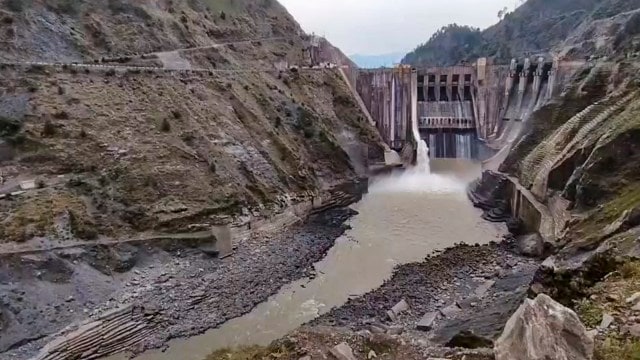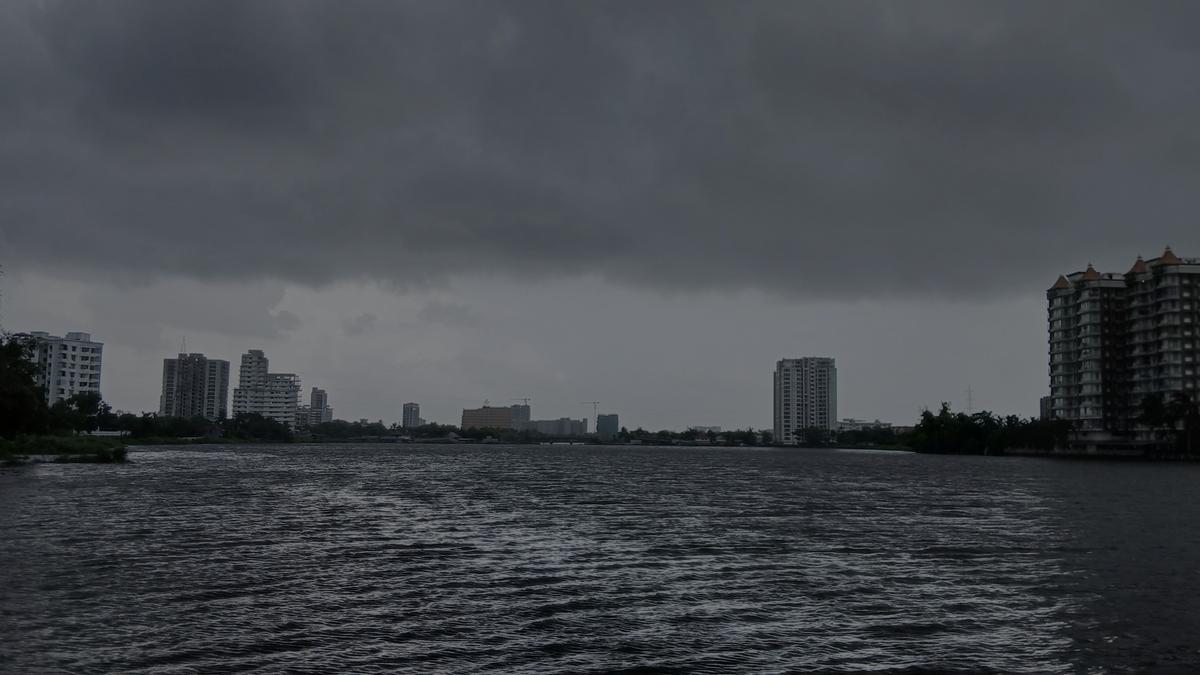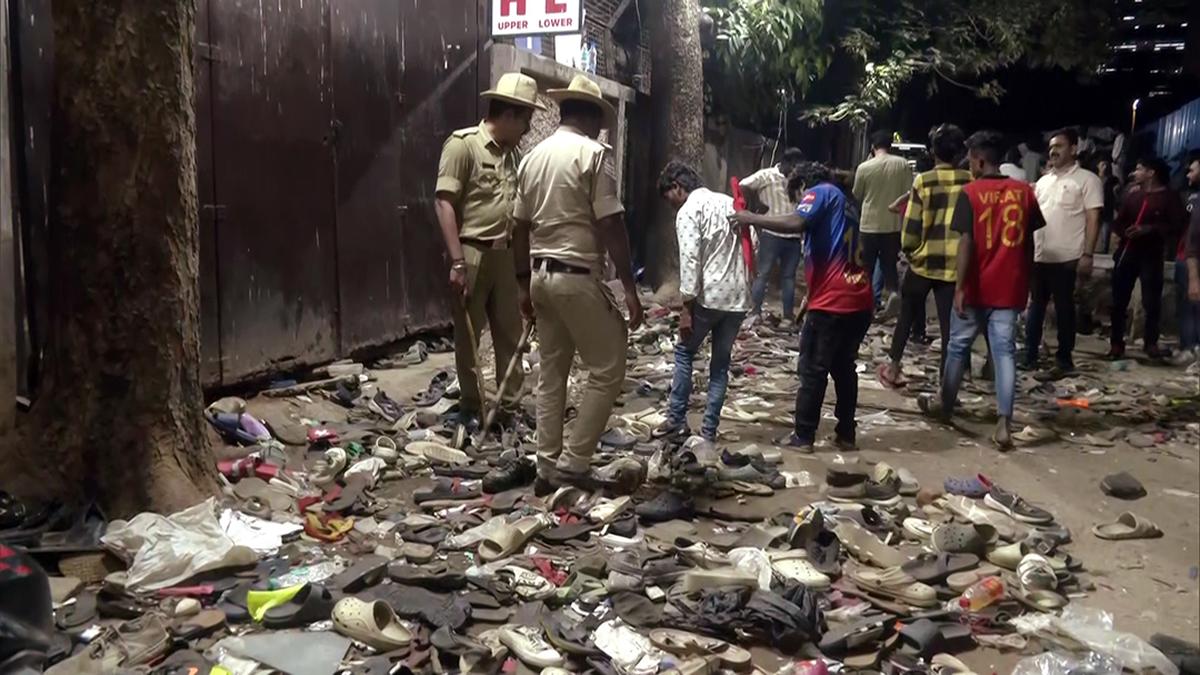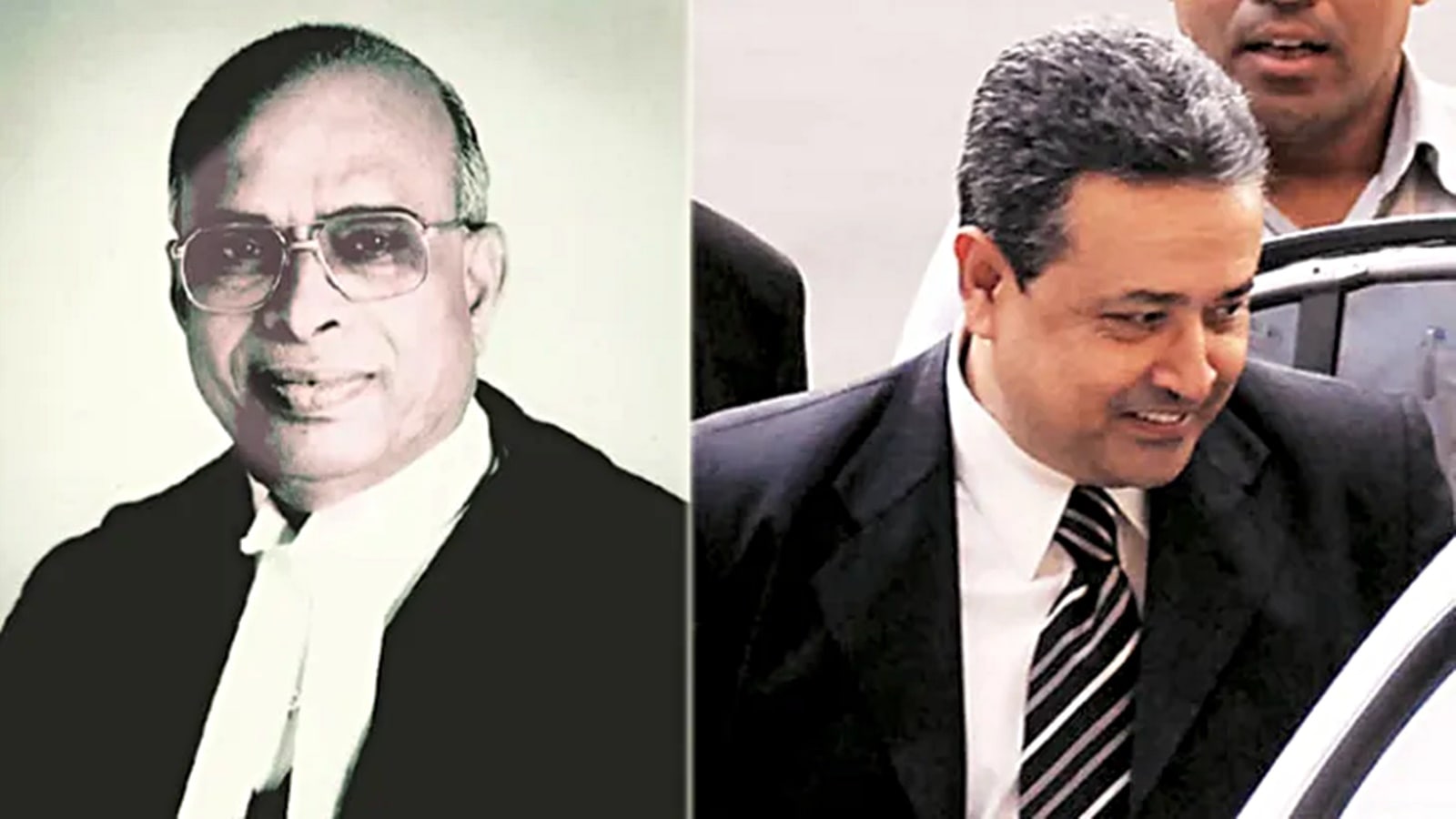ARTICLE AD BOX
 Pakistan is learnt to have written again to the Union Ministry of Jal Shakti, renewing its offer for dialogue. Sources said at least two additional letters have been received from Pakistan following Operation Sindoor.
Pakistan is learnt to have written again to the Union Ministry of Jal Shakti, renewing its offer for dialogue. Sources said at least two additional letters have been received from Pakistan following Operation Sindoor.
Pakistan has once again reached out to India, expressing its willingness to address New Delhi’s concerns over the Indus Waters Treaty (IWT), which India has kept in abeyance following the Pahalgam terror attack, The Indian Express has learnt.
As reported by this newspaper on May 15, Pakistan’s Water Resources Secretary, Syed Ali Murtaza, had earlier responded to India’s formal communication regarding the Union Cabinet’s decision to suspend the treaty. In his letter, he offered to discuss the specific provisions of the treaty that India objects to—marking the first time Islamabad formally indicated a readiness to engage on the treaty’s terms. That outreach came even before Operation Sindoor and included suggested dates in May for holding talks.
Since then, Pakistan is learnt to have written again to the Union Ministry of Jal Shakti, renewing its offer for dialogue. Sources said at least two additional letters have been received from Pakistan following Operation Sindoor.
According to top government sources, India is currently not interested in engaging in talks with Pakistan on the issue, and the treaty will continue to remain in abeyance. The letters, sources said, have been referred to the Ministry of External Affairs.
Pakistan’s multiple offers to discuss India’s objections are significant because—despite two prior notices from India, in January 2023 and again in September 2024, seeking a “review and modification” of the IWT—Islamabad had not explicitly indicated any willingness to engage. It is only after India suspended the treaty with immediate effect following the April 22 terror attack in Pahalgam that Pakistan began pushing for talks.
Meanwhile, sources said the government has drawn up a plan to construct a canal to divert water from the Indus river system to various Indian states. In the first phase, a 130-km stretch is expected to be completed in just over two years to carry water from the Beas river to Sri Ganganagar in Rajasthan. The second phase, spanning 70 km, will extend the canal to the Yamuna river, thereby making water available to Punjab, Rajasthan, Haryana, and Delhi.
Although the projected timeline for the first phase is three years, senior officials said it could be completed in two, with water diversion likely to begin within two and a half years.
Story continues below this ad
Sources said the suspension of water flow to Pakistan could create challenges during the Rabi crop season. “If water remains unavailable for over a month during the Rabi season, it could lead to crop damage. Drinking water supply may also be affected. However, Pakistan’s Kharif crops may not face much of an issue, as that season coincides with the monsoon,” a senior government official said.
Government sources also said that once the monsoon subsides, India plans to scale up flushing and desilting operations at its hydroelectric reservoirs on the Chenab, Jhelum, and Indus rivers to enhance their storage capacity. “These reservoirs need thorough desilting. In some, silt and sediment have hardened into rock. At least five per cent of the reservoir beds have turned rocky,” an official said.
As reported by this newspaper last month, the first flushing exercise at Baglihar and Salal—India’s two run-of-the-river hydroelectric projects on the Chenab river in Jammu and Kashmir—was carried out after the suspension of the Indus Waters Treaty. The operation aimed to clear sediment that had been hindering power generation. This marked the first such exercise since the Salal project was commissioned in 1987 and Baglihar in 2008–09. Previously, Pakistan’s repeated objections under the treaty had prevented India from undertaking these works. The flushing exercise, which began in early May, removed just over 7.5 million cubic metres (MCM) of sediment from the reservoirs of the 690 MW Salal and 900 MW Baglihar projects.
Have been in journalism covering national politics for 23 years. Have covered six consecutive Lok Sabha elections and assembly polls in almost all the states. Currently writes on ruling BJP. Always loves to understand what's cooking in the national politics (And ventures into the act only in kitchen at home). ... Read More



.png)
.png)
.png)



























 English (US) ·
English (US) ·